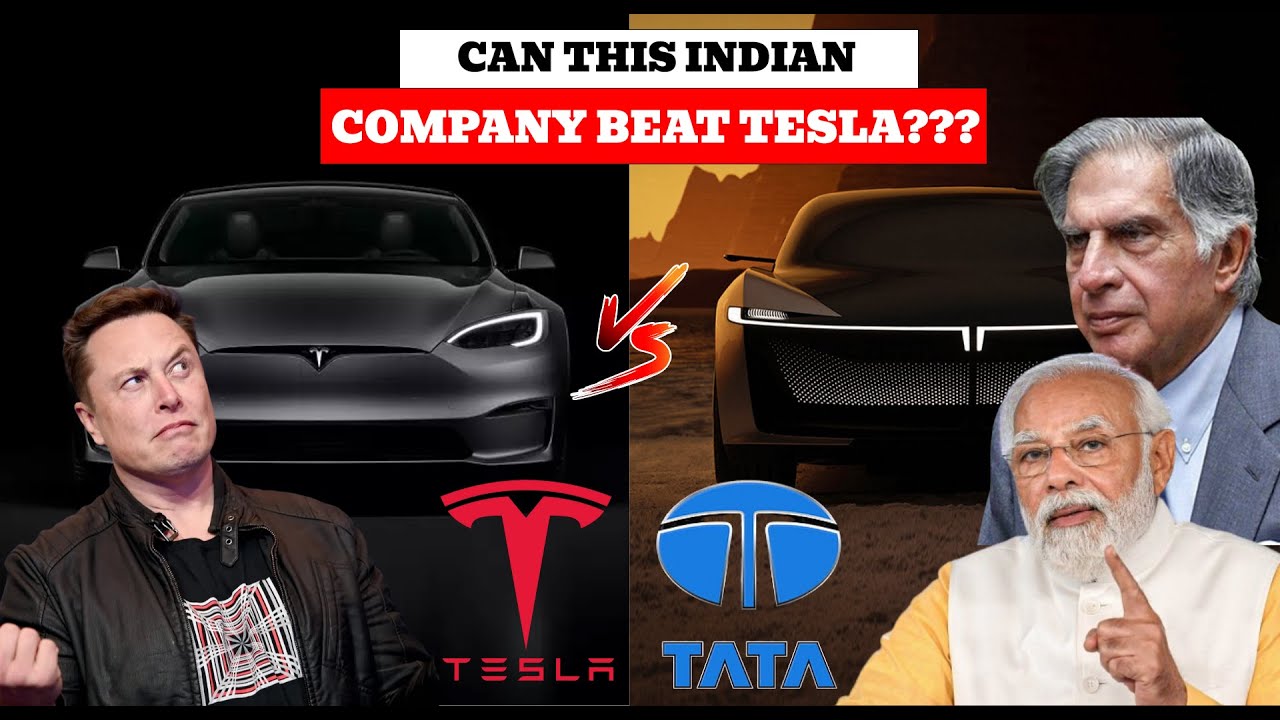Starting on March 4, President Trump’s significant tariffs will take effect. These tariffs include a 20% levy on Chinese imports, a substantial 25% tariff on products from its North American neighbours, Mexico and Canada, and an additional 10% tariff on Canadian oil and energy imports. This radical shift will have far-reaching implications for the U.S. automotive industry, potentially leading to increased costs for manufacturers and consumers and potentially reshaping global trade dynamics in the automotive sector. The auto industry is one of the most heavily affected by international trade policies in the US, with substantial volumes of finished vehicles and auto parts coming from Mexico and Canada.
Tag: Automobiles
Tata Motors should worry about BYD and Xiaomi and not Tesla
Concerns have been raised by indigenous automobile manufacturers, most notably Tata Motors, in response to the recent statement made by the Indian government on a new policy for electric vehicles (EVs). In particular, the policy includes a provision for decreased customs tax for global EV manufacturers such as Tesla. In spite of the fact that the strategy is designed to entice well-known electric vehicle manufacturers to set up production facilities in India, it also raises concerns over the possibility of rivalry and the consequent effects it may have on domestic companies. The Make in India project provides businesses with the option to import a considerable number of electric cars each year, allowing them to take advantage of a significantly reduced customs tax rate of 15%.

